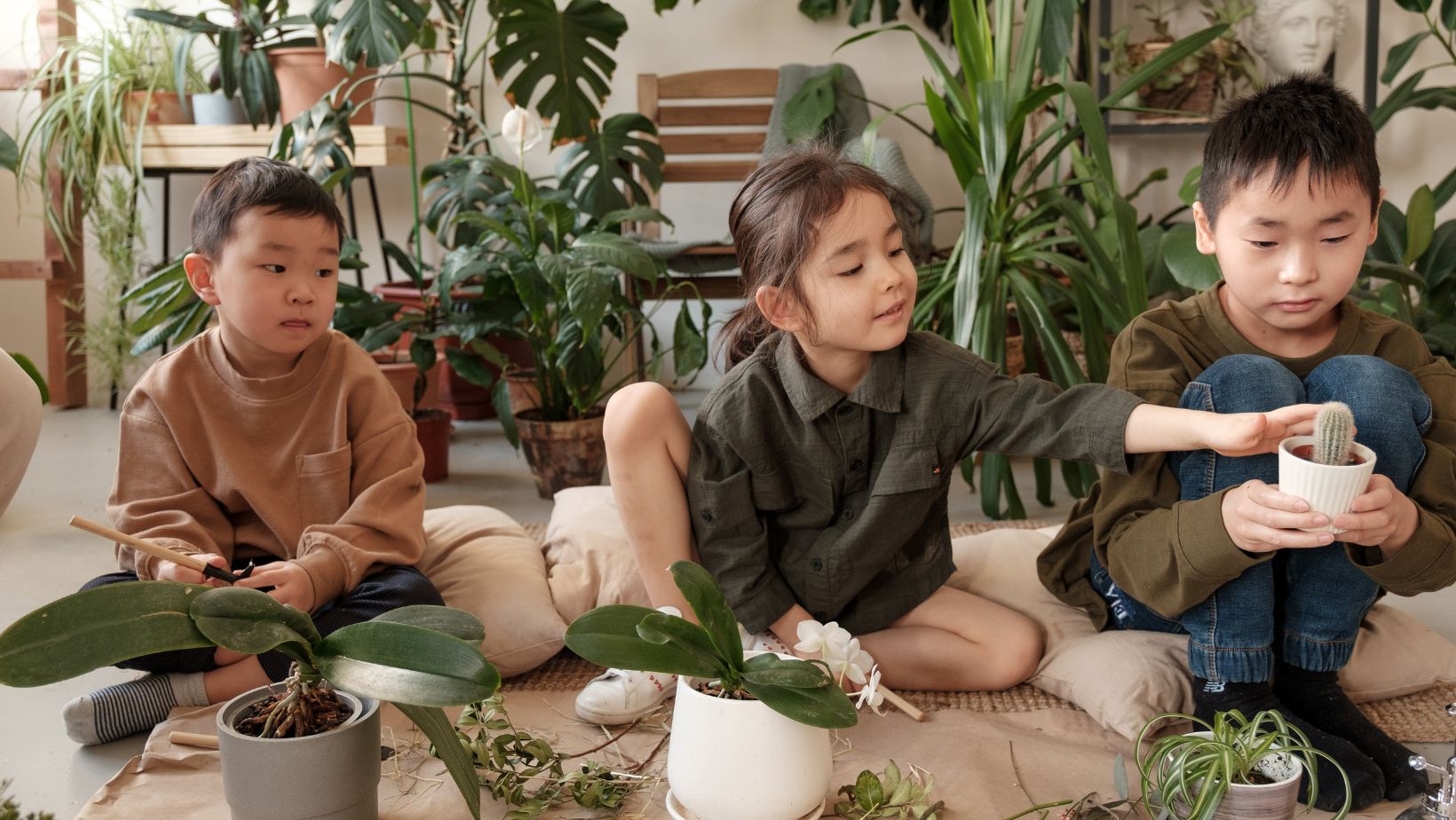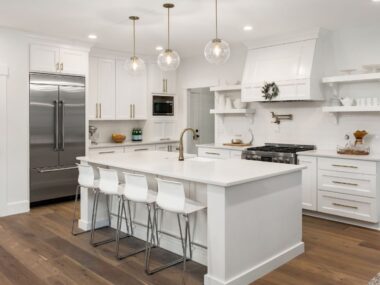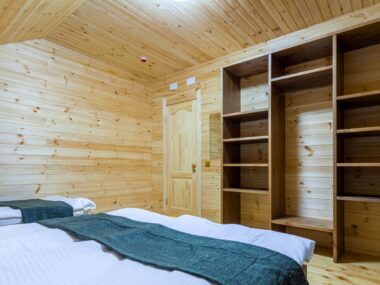Prioritise Comfort and Ergonomics
Children spend long hours at their desks, whether studying, drawing, or writing. Having furniture designed for their size is crucial for maintaining good posture and preventing discomfort. A study desk paired with an adjustable chair helps achieve this balance.

Organise with Smart Storage Solutions
A clean and organised study space promotes focus and reduces distractions. Incorporating storage solutions into the desk setup helps keep school supplies, books, and stationery in order. Desks with built-in drawers or shelves are ideal for storing essentials within reach, making it easier for children to stay organised.
For additional storage, consider wall-mounted shelves or cubbies that can hold items like books, art supplies, or electronics. Labelling storage containers or using colour-coded bins can also teach kids to categorise their belongings, making tidying up a simple task. By creating a place for everything, you’re encouraging responsibility and independence.
Maximise Natural Light and Add Task Lighting
Lighting plays a significant role in creating a productive study environment. Position the desk near a window to take advantage of natural light during the day. Natural light not only improves visibility but also creates a more inviting atmosphere for work.
In the evenings or on cloudy days, task lighting becomes essential. A desk lamp with adjustable brightness ensures that your child has sufficient light to work comfortably without straining their eyes. Opt for lamps with warm light settings to create a calming ambiance, ideal for focused tasks like reading or writing.
Limit Distractions with a Minimalist Setup
A cluttered workspace can quickly become distracting. Keeping the study area simple and functional allows children to focus on the task at hand. Avoid overloading the desk with unnecessary decorations or gadgets that might distract their attention from their work.
Instead, personalise the space with a few meaningful items, such as a favourite photo, a small plant, or a calendar to track assignments and deadlines. These elements can make the space feel welcoming without detracting from its primary purpose as a learning zone.
Encourage Creativity with Flexible Features
Incorporate features that allow children to switch between tasks effortlessly. For example, a pin board or whiteboard above the desk can serve as a space for brainstorming ideas, pinning reminders, or displaying achievements.

For parents interested in supporting their child’s study habits with modern solutions, there are a variety of innovative learning tools available online. Utilizing resources like free flashcards created by AI can help children review material efficiently and make study sessions more engaging. These digital tools often feature smart quizzes, customizable content, and even analytics so parents can track progress and adapt to individual learning needs.
Foster Independence with a Dedicated Space
Giving children their own study area helps foster independence and responsibility. By having a dedicated desk, they learn to manage their time and materials more effectively. This separation from communal areas like the kitchen table also signals that study time is distinct from leisure activities.
Setting up this space in a quiet part of the house further reinforces its purpose. Avoid placing the desk near noisy areas or distractions like televisions. A dedicated study zone encourages children to associate the space with concentration and productivity, making it easier for them to focus.
Select Furniture That Grows with Your Child
Investing in furniture that adapts to your child’s needs over time can save money and effort in the long run. Look for desks and chairs with adjustable features, allowing you to modify their height as your child grows. This ensures the study area remains comfortable and functional for years to come.
Some desks also offer convertible designs that can be reconfigured for different uses, such as transitioning from a primary school setup to a workspace suitable for teenagers. Choosing durable, timeless pieces ensures the space remains relevant even as your child’s preferences evolve.
Add Personal Touches for Ownership
Encouraging your child to contribute to the design of their study area can make them feel more invested in using it. Let them choose elements like the colour of their desk accessories, the style of a desk lamp, or a theme for wall decorations. These personal touches create a sense of ownership, making the space feel like theirs.
It’s important to strike a balance between personalisation and functionality. While fun decorations add character, they should not overwhelm the workspace or detract from its usability. Allowing children to participate in the design process empowers them and helps build enthusiasm for using their study area.
Final Thoughts
A well-planned study space can positively impact a child’s learning experience by fostering focus, organisation, and independence. By selecting practical furniture, such as a kids study desk, and incorporating thoughtful elements like storage, lighting, and personal touches, parents can create an environment that supports both academic and creative pursuits. Careful attention to the details of comfort, design, and functionality ensures that the study area becomes a space where children feel motivated and engaged, setting the stage for success in both schoolwork and personal growth.






